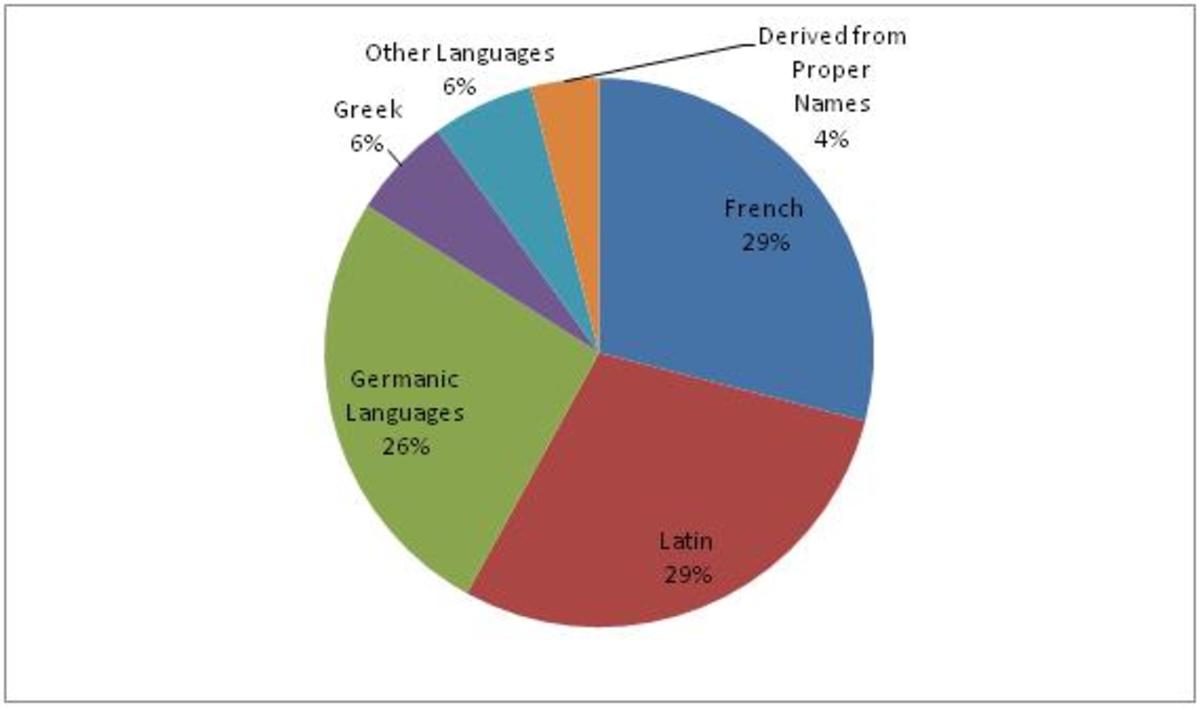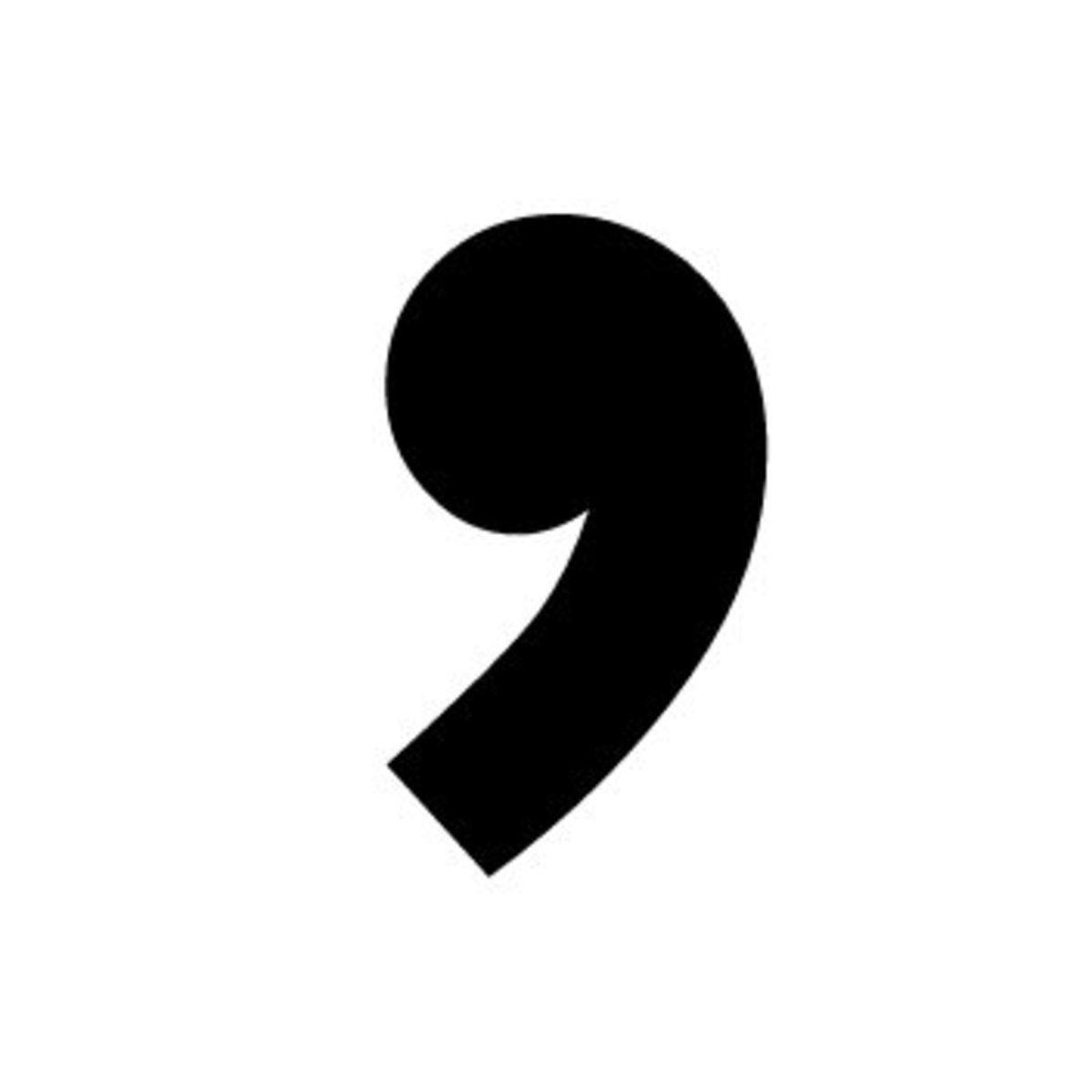- HubPages»
- Books, Literature, and Writing»
- Commercial & Creative Writing»
- Word Usage & Grammar
Common Writing Mistakes: Questions From English Language Learners
Why Is English So Complicated?
One reason for the many questions surrounding English usage is the many exceptions to the rules. Word order, spelling, pronunciation, and idioms are just a few aspects of English that cause consternation and confusion for English learners. The Oxford Royale Academy in England, however, offers this encouragement:
Some people have a natural aptitude for languages and pick them up quickly; children, of course, absorb new languages much more easily than adults. The difficulty of a language also depends on its similarity to your own language. You’ll probably find it easier to pick up French if you’re Italian, because these languages use many of the same roots, and the same alphabet. If you’re used to the Roman alphabet then you may struggle to learn oriental languages that rely on symbols, such as Japanese.
Perhaps the main reason, though, that English can be complicated is the sheer number of words. Consider this observation from the editors of the Oxford English Dictionary:
The Second Edition of the 20-volume Oxford English Dictionary contains full entries for 171,476 words in current use, and 47,156 obsolete words. To this may be added around 9,500 derivative words included as subentries. Over half of these words are nouns, about a quarter adjectives, and about a seventh verbs; the rest is made up of exclamations, conjunctions, prepositions, suffixes, etc. And these figures don't take account of entries with senses for different word classes (such as noun and adjective).
This suggests that there are, at the very least, a quarter of a million distinct English words, excluding inflections, and words from technical and regional vocabulary not covered by the OED, or words not yet added to the published dictionary, of which perhaps 20 per cent are no longer in current use. If distinct senses were counted, the total would probably approach three quarters of a million.

"Which Word Do I Use?"
Many of the questions my adult ESL students asked had to do with choosing between one word or another. Usually, their confusion centered on the difference between two similar words. Here, I list the most frequent questions my students asked.
- "What is the difference between in and into?" This question arose when we talked about pouring milk into a cup. The student wanted to know why we used into and not in. We use into when something is going from the outside to the inside. In the case of the milk, the milk was not already in the cup. We transferred it from the outside of the cup to the inside of the cup. Conversely, pouring milk in a cup suggests that the milk was already in the cup.
- "When we're talking about time, when do we use in, at, and on?" Since our adult ESL class spent a lot of time talking about adverbs of frequency, we talked about the difference between these three prepositions. I told them that in is always used for longer time periods and at is used for short time periods. (Use in for years, months, and seasons. Use on for days or dates. Use at for clock time.)
- "What is the difference between make and do?" This question came from a Spanish-speaking adult who wondered why students do homework and not make homework. Spanish speakers encounter difficulty with this because the Spanish verb hacer means "to make or to do." To explain the difference to my student, I asked him, "Did you manufacture your homework?" Since he obviously hadn't manufactured or created his homework, we couldn't use make. This led to the question, "Why do we use do, then?" Although we often see do as a helping verb, we use it in this case because there is no single English word that means "preparing homework."
- "What is the difference between who and whom?" This question came from both college freshmen and English language learners. Let's look at some examples:
________ was the only queen of ancient Israel? (The general rule is, if you can substitute he or she, use who. In this example, it would make sense to say, "She was the only queen of ancient Israel." Thus, we would use who here.)
I know _______ to call if I need help. (This one's a bit trickier. First, we need to rearrange the sentence into subject + verb + complement order. Now it reads, "I know to call _______ if I need help." It doesn't make sense to use he or she here. Since it would make more sense to use him or her, we use whom.)
I know _______ left that on your desk. (This one is more straightforward. "I know she left that on your desk," makes sense. We use who here.)
________ do you think will win the election? (Here's another tricky one. Once again, we need to put the sentence into subject + verb + complement order. That gives us "You do think _______ will win the election." Does it make more sense to say, "He will win the election," or "Him will win the election"? Since he makes more sense in this instance, use who.)

Singular or Plural?
It's not always immediately obvious whether to use a plural noun or a singular noun. Here are some of the questions that came up in class:
- "If we're talking about everybody, why do we use a singular verb?" He motioned to the whole class as he asked. The simple explanation is that any pronoun ending in one or body is singular. The less simple explanation is that when we use everybody, we're talking about the group as one single unit.
- "Is none singular or plural?" None is part of a group of five pronouns (some, any, none, all, most) that can be singular or plural depending on the word they modify. If we're talking about something that can be counted, such as pencils, we use a plural verb. (None of the pencils were sharp.) If we're talking about something that can't be counted, such as ice cream, we use a singular verb. (None of the ice cream was left after the birthday party.) The question then came up, "But I can count ice cream bars or scoops of ice cream. Shouldn't I use a plural verb?" The answer to that is, unless it's explicitly stated that we're talking about ice cream bars or scoops of ice cream, we should assume that we're talking about regular ice cream (and use a singular verb.)
- "I don't understand collective nouns." A collective noun (league, team, committee, class, congregation, jury, etc.) is singular or plural depending on whether the members are acting in unity. If the members are acting in unity (such as a unanimous jury), we use a singular verb. If, however, the members are acting as individuals (such as jury members arguing over a verdict), the group is not acting in unity, and we use a plural verb.
How Do I Make This Word Plural?
Irregular plurals gave my students trouble because they don't follow the rules. Students had to either memorize them or refer to a list.
One question that arose during our study of verbs is, "When do you change Y to I and add ES?" Here are some basic guidelines.
Keep Y: If the Y is preceded by a vowel, don't change the Y. Simply add S to the end.
- 1 toy, 2 toys
- 1 day, 2 days
- 1 monkey, 2 monkeys
Change Y to I: If the Y is preceded by a consonant, change it to I and add ES.
- 1 baby, 2 babies
- 1 fly, 2 flies
- 1 lady, 2 ladies
Another question that often came up in our discussion of nouns and verbs was, "How do we know when to put S at the end and when to put ES?"
Here's the simple explanation: If the singular ends with SS, SH, CH, or X, add ES. Otherwise, you're normally all right using S.
- SS: 1 kiss, 2 kisses
- SH: 1 wish, 2 wishes
- CH: 1 lunch, 2 lunches
- X: 1 box, 2 boxes
A Review of Plural Nouns
Words of Encouragement
Although navigating through the complexities of English can be daunting, it's not impossible to learn the language. The Oxford Royale Academy offers this encouragement: "English isn't so bad once you get used to it, and it’s probably only commonly talked about as being hard because so many people are trying to learn it."
When you consider that even experts don't always agree on usage, it's not so bad to need a little help sometimes.
A Question of Usage
Do any of these usage questions give you trouble?
Quizzes and Resources
- ESL Lesson Plans, Printables, Games, Materials for Teaching English | ESL Lounge
Printable ESL Lesson Plans and ESL Materials for TEFL/TESOL teachers. Grammar worksheets.Reading comprehension. Board games. Pronunciation. Flashcards - English Language (ESL) Learning Online - UsingEnglish.com
Resources to learn the English language for ESL, EFL, ESOL, and EAP students and teachers. Browse our Glossary of Terms, join our busy forums, download our free language software, read our articles and teacher handouts, and find useful links and info - Interactive English Grammar Exercises Online,Quizzes, Games, Parts of Speech
Free ESL quizzes, Interactive English Grammar Exercises,interactive tests, games and quizzes, free online grammar studies, learning and teaching of english grammar - Quiz: Collective Nouns
- Basic Prepositions: Time and Place - at, in, on and to
Here's a description of the basic uses of 'at', 'in' and 'to' for beginning level learners of English with explanation, example sentences and quiz. - How to Use Do and Make
A guide and quiz to the verbs do and make discussing rules and exceptions for English language learners. - Learning English | BBC World Service
An explanation of "make" vs. "do." - Who Versus Whom Quiz :: Quick and Dirty Tips ™
How well do you know the difference between "who" and "whom"?








